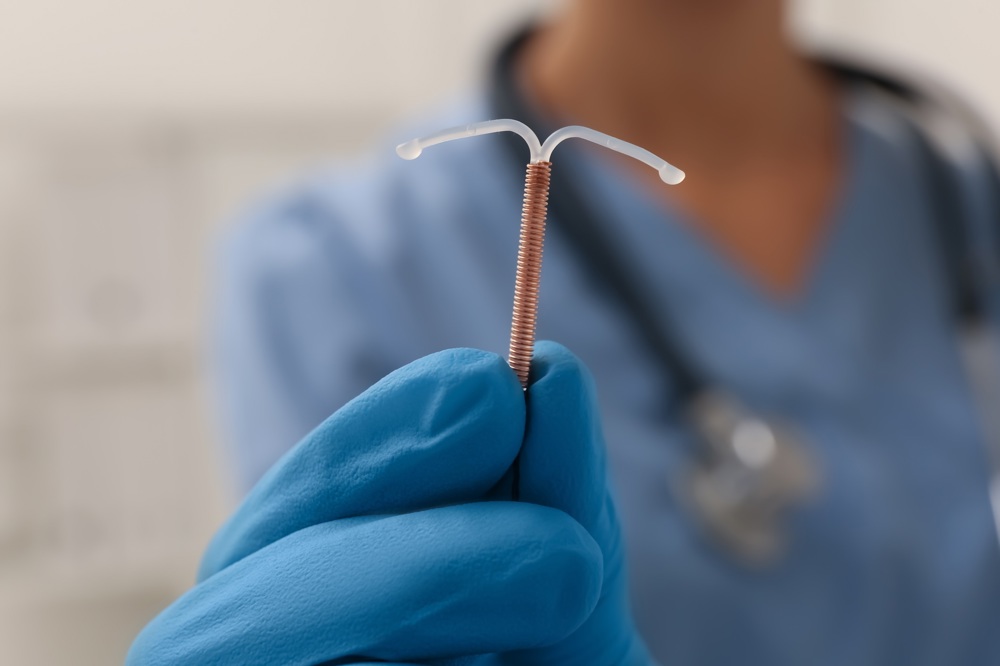In this section
Around the world 257 million women and girls who want to avoid pregnancy are not currently using safe, modern methods of contraception.[1]
Our goal is to change that, and allow women and girls to control their own fertility, which would result in 70,000 fewer pregnancy and childbirth related deaths per year.[2]
It would reduce the prevalence of unsafe abortion too.
But quality abortion services will always be essential: every year, an estimated 25 million unsafe abortions take place around the world. That makes it is one of the leading causes of pregnancy and childbirth related mortality and morbidity.[3]
Almost every death from unsafe abortion is preventable with the use of effective contraception, provision of quality abortion, and timely post-abortion care. These should all be an integrated, routine component of sexual and reproductive healthcare – and part of mainstream health systems.
The RCOG firmly believes this would improve the health and wellbeing of all those who can get pregnant. It is why we want to see more investment to increase health providers’ capacity to deliver, improve and champion access to these critical services within their diverse national legal frameworks.
[1] https://www.unfpa.org/press/nearly-half-all-pregnancies-are-unintended-global-crisis-says-new-unfpa-report#:~:text=2.-,Globally%2C%20an%20estimated%20257%20million%20women%20who%20want%20to%20avoid,contraceptive%20methods%20to%20avoid%20pregnancy.
[2] https://www.guttmacher.org/report/unmet-need-for-contraception-in-developing-countries
[3] https://www.who.int/news/item/28-09-2017-worldwide-an-estimated-25-million-unsafe-abortions-occur-each-year
Resources
- Best Practice Papers
- Abortion Care
- Post-abortion care
- Post-abortion contraception
- Telemedicine for abortion care
- Making Abortion Safe RCOG eLearning (abortion care and abortion advocacy)
- Best Practice Paper adaption
Position papers
- RCOG and FSRH statement on decriminalisation of abortion, August 2022
- Joint statement on ‘Abortion reversal’: The Royal College of Obstetricians and Gynaecologists (RCOG), The Faculty of Sexual and Reproductive Healthcare (FSRH), the Royal College of Midwives (RCM) and the British Society of Abortion Care Providers (BSACP)
- RCOG self-management abortion statement

